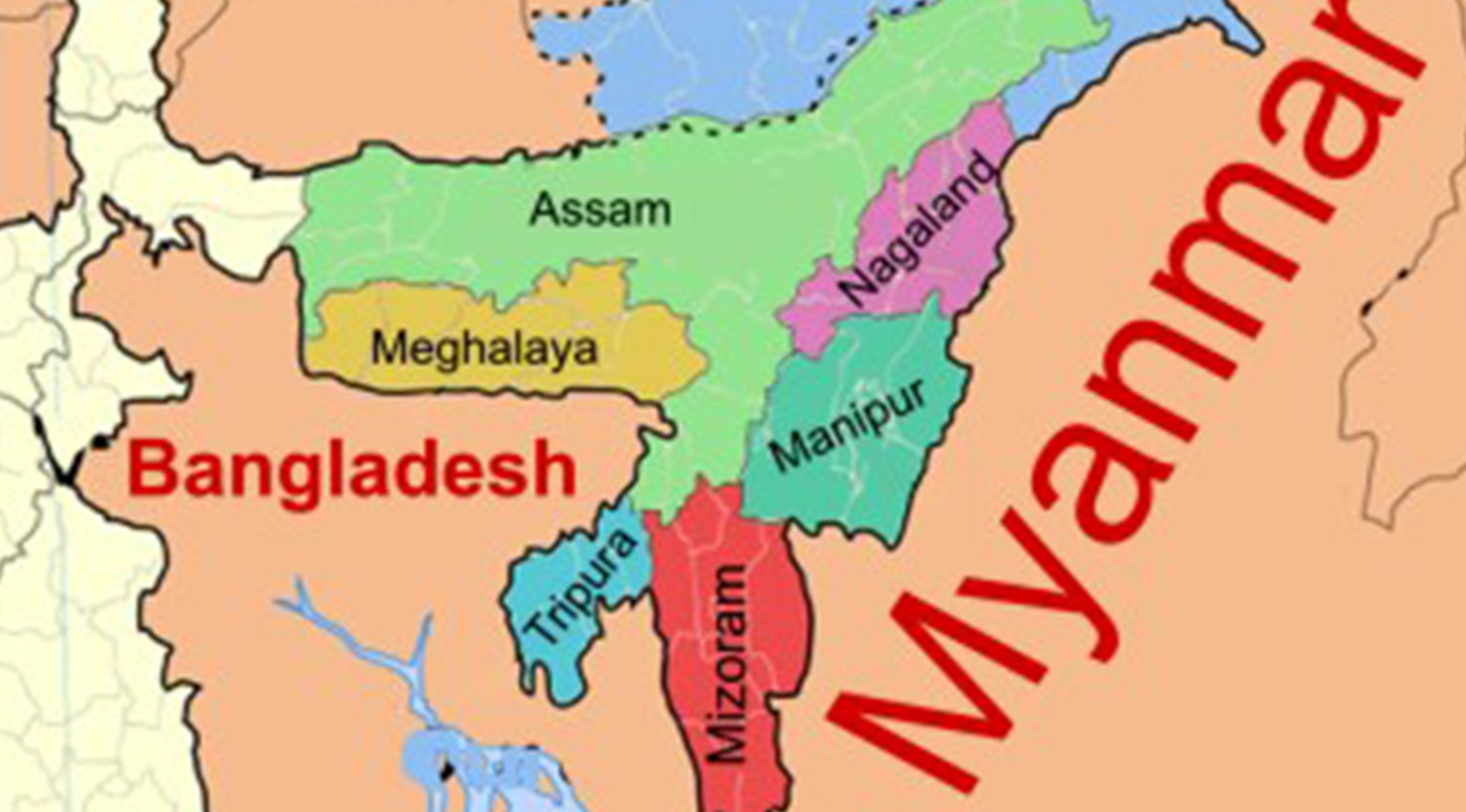The Rohingya crisis was triggered, among other things, by the lack of implementation of three fundamental rights: the right to registration at birth, the right to an identity and the right to a nationality.
Birth registration is an integral part of the rights to life, of equality before the law and to a personal identity; a legal and cultural identity. These rights, as well as the right to a nationality are necessary for the recognition, by the community, of the human person.
The whole region of the Bay of Bengal, from India to Myanmar, through Bangladesh and the foothills of the Himalayas, was the scene during the partition of India (1948) and the independence of Bangladesh (1971) of wide population movements. The region is multiethnic, highly populated and often poor, resulting in a high migration of people whose identity origins are not always demonstrable. Add strong religious tensions to the situation and the risks of genocide, mass atrocity crimes or ethnic cleansing become serious.
This is what happened in the Rakine State in Myanmar and unfortunately in Assam, a few hundred kilometers away, a local government with a strong Hindu tendency has decided the systematic registration of the entire population, including of a minority of about 4 million Muslims whose national identity or status of residence are unclear. Their future is very uncertain.
In either case, it is high time to see these populations recognized by law and treated with the greatest humanity.
In collaboration with the Center for Global Nonkilling and the Global Alliance Against Mass Atrocity Crimes (Gaamac, created and supported by Switzerland) and using the Universal Periodic Review of Human Rights of all countries, APRED supports, in the framework of our work on the right to life, strengthening birth registration processes and the reduction of statelessness.


